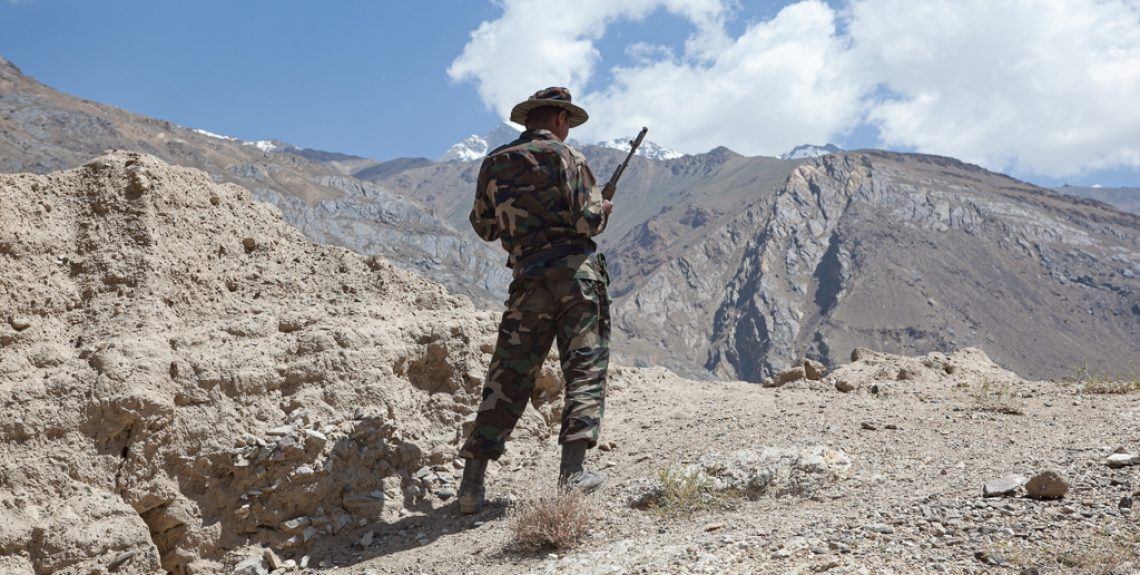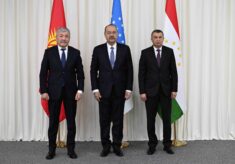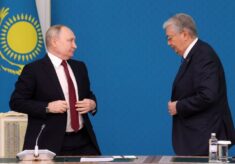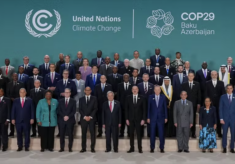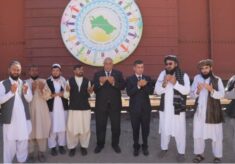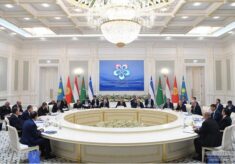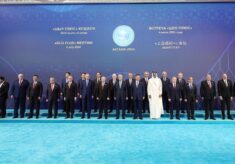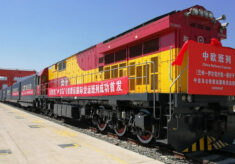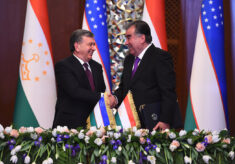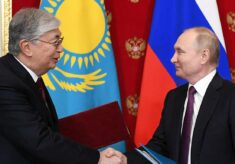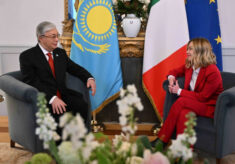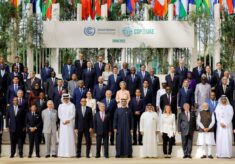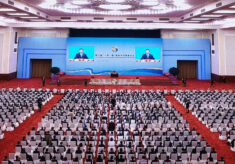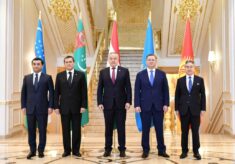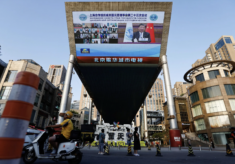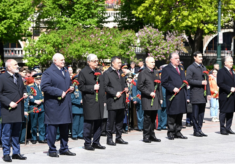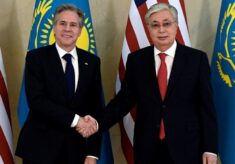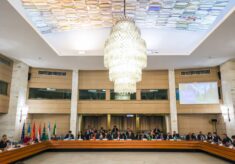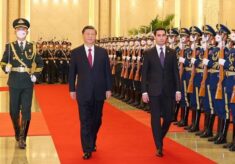Central Asian countries which share a border with Afghanistan (Tajikistan, Turkmenistan and Uzbekistan) have adopted a different approach to deal with the existent threats to the regional security deriving from the worsening scenario in that country.
Between June and July 2021, hundreds Afghan troops crossed the border seeking protection in Tajikistan and Uzbekistan, escaping the Taliban offensive. These events have immediately pushed Tajik and Uzbek presidents to actively manage the alarming situation at their border.
Dushanbe’s government plans to reinforce its border sending additional 20.000 troops, while Tashkent aims to undertake a diplomatic initiative expressly excluding a military solution (“Uzbekistan, Tajikistan report fresh Afghan troop crossings”, Eurasianet, June 28, 2021). Moreover, Uzbekistan (not CSTO member like Turkmenistan) and Tajikistan have planned bilateral military drills with Russia, the main regional security provider. Russia, Tajikistan, and Uzbekistan will also hold joint military maneuvers near the Tajik-Afghan border in early August (Catherine Putz, “Russia to Hold Military Drills Near Afghan Border in Tajikistan, Uzbekistan”, The Diplomat, July 21, 2021).
At the beginning, Turkmenistan appeared not worried toward Taliban activism: however, after guerrillas have extended the control on Afghan districts along the shared border (Faryab and Herat provinces) the Turkmen president decided to send military troops and heavy weaponry in order to enhance security in this area. Indeed, Taliban’s control of Torghundi border town in the western province of Herat and their attempts to take Aqina city represents a clear threat to Turkmenistan strategic interests, because they will play the role of the key dry ports through which Ashgabat aims to develop trade, energy (natural gas and electricity exports) and infrastructural projects (namely the Lapis Lazuli intermodal corridor) with Afghanistan.
In addition to the military dimension, Turkmenistan has also decided to adopt a diplomatic initiative aimed at implementing a political dialogue with Taliban: on July 11, Taliban representatives were hosted in Ashgabat to hold talks with Turkmen Foreign Ministry officials, mainly focussed on security and border issues in order to obtain reassurances on their engagement to protect infrastructures’ projects and investments, as Taliban already promised during the former meeting in January 2021 (“Taliban Holds Talks with Turkmen Officials in Ashgabat amid Deteriorating Afghan Security”, Radio Free Europe/Radio Liberty, July 12, 2021).
Turkmenistan’s flexible foreign policy – based on diplomatic and political cooperation with Kabul official government and President Ghani but preserving at the same time relations with Taliban – is the expression of President Berdimuhamedov’s concerns about the feasibility of projects like the TAPI gas pipeline, TAP power line and Lapis Lazuli corridor that obviously require security and stability. However, in case of persistent instability and conflict in Afghanistan, Turkmenistan’s self-exclusion from a regional security organization (due to its neutrality policy) leaves the country dangerously exposed along its border.

